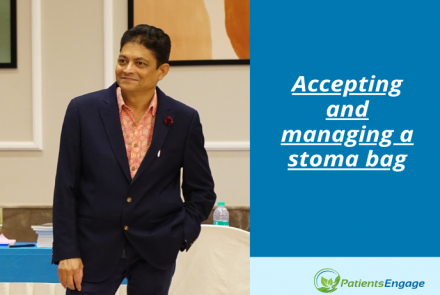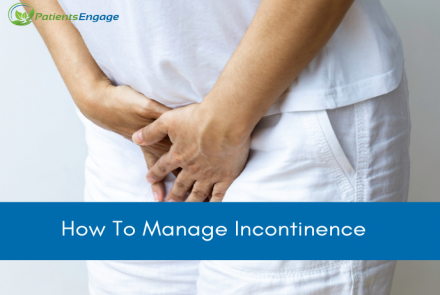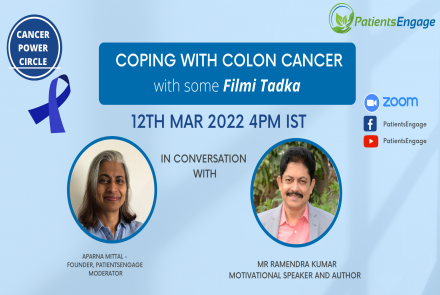
Can colorectal cancer be prevented?
Colorectal cancer starts as adenomatous polyps, which relatively remain asymptomatic for a long time. Colorectal cancer can be prevented by regular screening, which can find pre-cancerous polyps. You can take the following steps to reduce your risk:
- Start getting screened from age 50 if you do not have any known risk factors for colon cancer
- Start getting screened as early as possible if you have a personal history of polyps, family history of colorectal cancer or polyps or history of hereditary syndromes
- Eat a diet rich in fruits, vegetables, whole grain and low in fats, red meat and processed food
- Limit alcohol consumption to not more than 2 drinks for men and 1 for women per day
- Stop smoking
- Exercise regularly and maintain a healthy weight
- Use of aspirin and other NSAIDs (non-steroidal anti-inflammatory drugs) may reduce the development of polyps in people with history of polyps or colorectal cancer. Consult your doctor before taking these medicines.
- Ensure adequate intake of calcium and vitamin D. Consult your doctor for advice.
Guidelines for screening tests
- Digital rectal examination (once in a year)
- Fecal occult blood testing (once a year): Colon polyps and colorectal cancer can both bleed. Fecal occult blood test is to check for tiny amounts of blood in stool, which cannot be seen with the naked eye
- Double contrast barium enema (every 5-10 years)
- Colonoscopy (every 10 years)
- Sigmoidoscopy (every 5 years)
In 2018, the American Cancer Society (ACS) released an update on their current screening guidelines for Colon Cancer. The modifications come after a study conducted by ACS in February 2017 that showed a higher incidence of colorectal cancers among the young and middle-age population in the US. The update aims to prevent the rising incidence rates and detect colon cancer at an earlier stage. This in turns improves treatment outcome as screening can help find and remove polyps (growths in the bowel lining) which can become cancerous.
New screening age recommendations
|
For people with average risk: |
|
|
For people with higher risk: |
|
References:
American cancer Society. www.cancer.org
Colorectal Cancer Incidence Patterns in the United States, 1974-2013. Siegel RL et al. J Natl Cancer Inst. 2017 Aug 1;109(8).

















